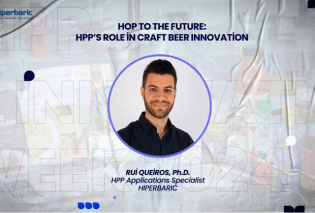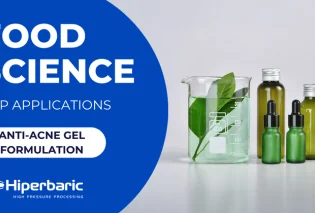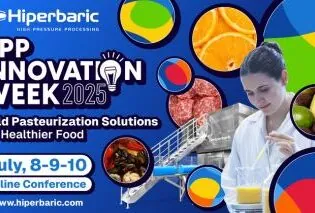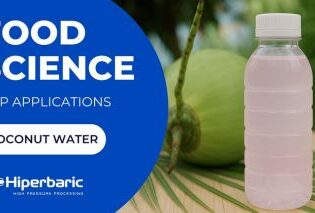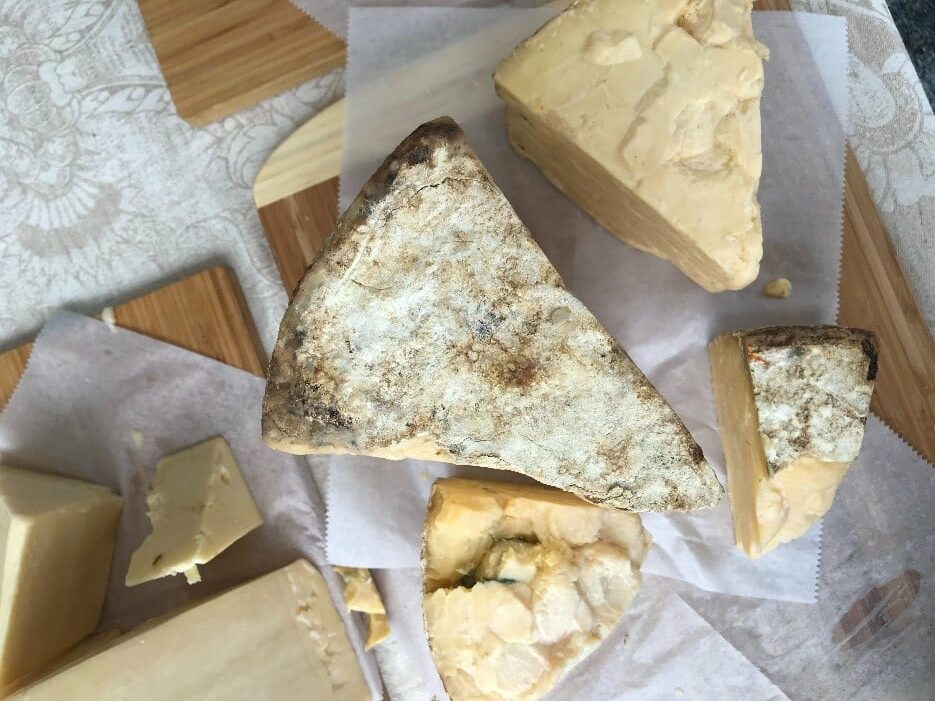

Vegan cheese is a popular dairy-free alternative to traditional cheese that offers health and nutritional benefits. It is low in calories, cholesterol-free and lactose-free, and is a good source of plant-based protein. The vegan cheese market is expected to grow rapidly over the next few years, driven by increasing consumer demand for plant-based alternatives. High pressure processing (HPP) technology is a non-thermal food processing technique that can extend the shelf-life of vegan cheese based-products without compromising the taste, texture, and nutrition. HPP can also reduce the risk of foodborne illness and spoilage, and is already being explored commercially by some companies.
Vegan cheese is a type of dairy-free cheese that can be made with a variety of plant-based ingredients, so they are suitable for vegans and vegetarians. They can offer a variety of health benefits and nutritional advantages compared to traditional dairy cheeses. They are lactose-free and cholesterol-free, so they are suitable for people with dairy allergies or intolerances. Additionally, vegan cheese tends to be lower in calories than dairy cheese, making them a healthier alternative. They are a good source of plant-based protein, so they can help promote muscle growth and repair. Further, they are typically low in saturated fat and contain essential vitamins and minerals, so they can help promote overall health and well-being. Additionally, some plant-based cheeses may also contain probiotics, which can help promote a healthy digestive system.
Vegan cheese is becoming increasingly popular, with great acceptance among consumers (70.5% are likely to buy), and the market is growing rapidly. It is estimated to reach a value of 7.10 billion USD by 2027, with a compound annual growth rate of 9%. The market is expected to be driven by increasing consumer demand for plant-based and vegan alternatives to traditional dairy products.
Improve vegan cheese with HPP
Vegan cheese usually has a limited shelf-life. Moreover, contamination with pathogens may occur during production. High pressure processing (HPP) is a food processing technology that utilizes high hydrostatic pressure to extend the shelf life of food products without compromising the taste, texture, and nutritional value. HPP has various advantages over traditional methods of food processing and preservation. Firstly, HPP is a non-thermal food processing technique, which means that it does not use heat to process or preserve food products. This is advantageous, as it preserves the natural taste, texture, and nutrition of food, making it highly attractive to consumers. Additionally, HPP is capable of extending the shelf life of food products for longer than other traditional methods. This greatly reduces the risk of spoilage and waste, leading to increased cost savings in the long run.
Another advantage of HPP is its ability to reduce the risk of foodborne illnesses. By eliminating or reducing the number of harmful microorganisms present in food products, HPP can reduce the risk of contamination and foodborne illness. This is especially beneficial for foods that are typically at high risk of contamination, such as raw meat, seafood, and dairy products.
Commercial products
Although there already being commercially explored several plant-based dairy alternatives, such as plant-based milk, lassi, or creamer, the HPP vegan cheese market is still not very explored. Still, like other plant-based dairy alternatives, vegan cheese can also benefit from HPP. For example, Feel Foods announced that thanks to HPP they were able to extend the shelf life of its Black Sheep Vegan Cheeze products, several types of almond- and soy-based cheese. In some cases, the company doubled the product’s shelf life from five to ten weeks, without the addition of any chemicals or preservatives, and maintaining the product’s freshness. According to the company, the extension of shelf-life given by HPP is a “game-changer” as it allows growth in distribution and expansion to new markets.
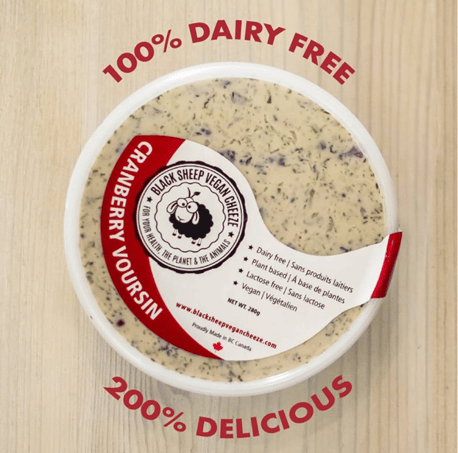
HPP can also bring benefits to other types of vegan cheese-based products, such as dips like the Queso (cauliflower-based) and Spicy Queso Blanco (almond-based) dips from the company Good Foods. The brand is well known for using HPP, and thanks to the technology can also double the shelf-life of the Spicy Queso Blanco dip from 5 to 10 weeks without impacting the nutritional value of the product.
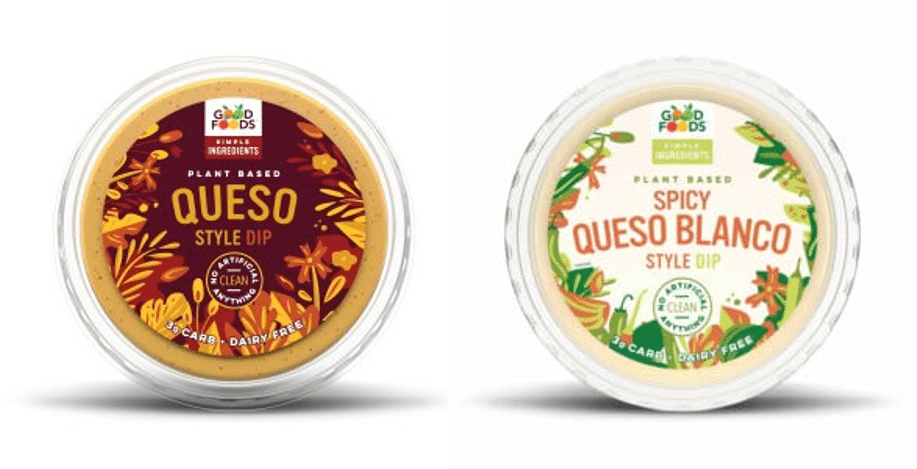
In conclusion, HPP has various advantages over traditional food processing and preservation methods. It can extend the shelf life of vegan cheese products, and reduce the risk of foodborne illnesses. It is a non-thermal food processing technique, so it preserves the natural taste, texture, and nutrition of food, making it highly attractive to consumers. The market for HPP vegan cheese is expected to grow rapidly in the coming years, due to consumer demand for plant-based alternatives to traditional dairy products.
I hope you found this blog entry helpful, and if you have any further questions or would like to discuss anything, please do not hesitate to reach out to Hiperbaric.


